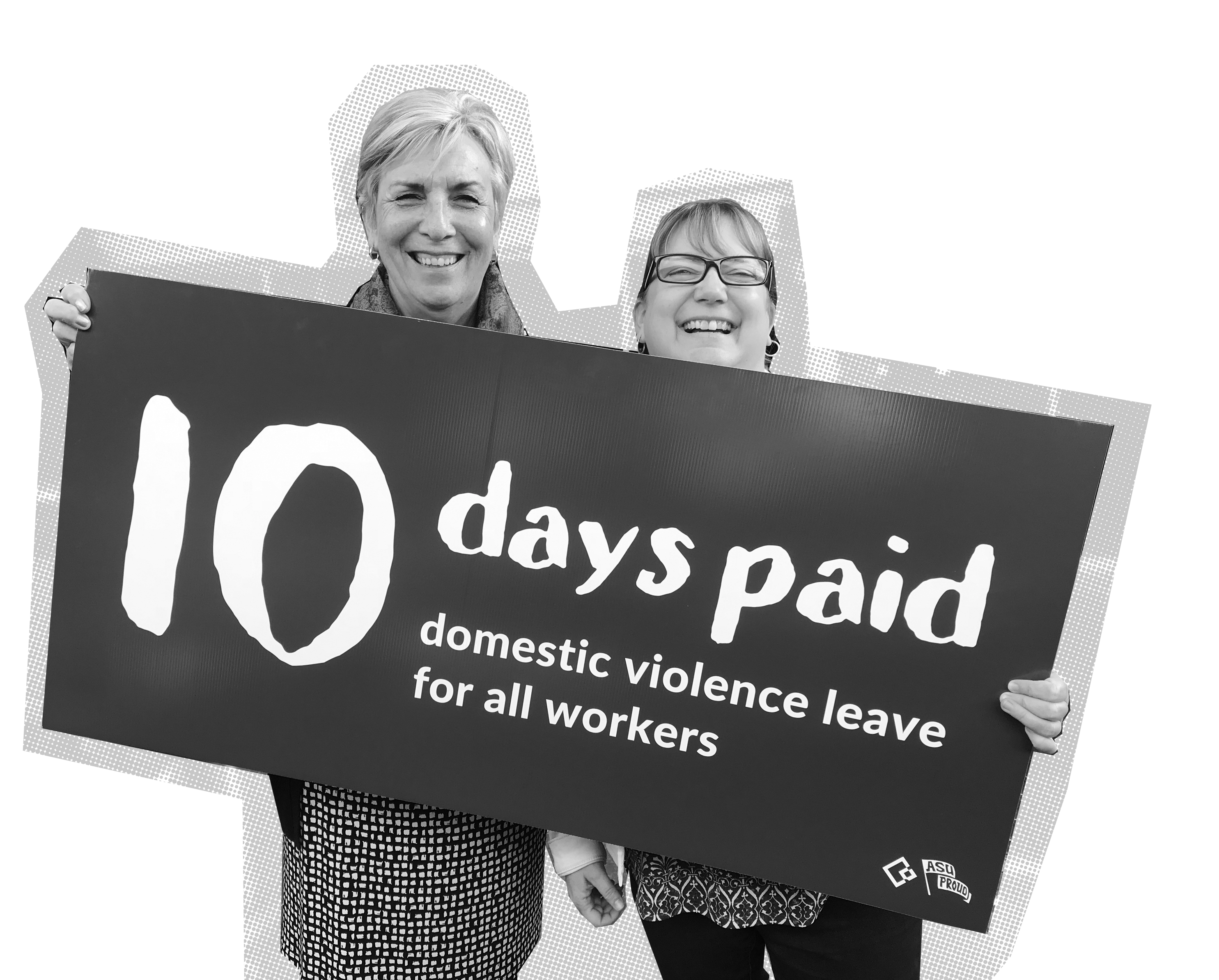New laws to protect Queensland workers
New laws have passed the Queensland Parliament to protect Queensland workers.
The changes will:
Preventing harassment in the workplace
In 2020, the Human Rights Commission Respect@Work Report found that on average two in every five women and one in every four men had experienced sexual harassment over the previous five years.
The Report made 55 recommendations for change including reforms to the Fair Work Act and Sex Discrimination Act. Only a number of these recommendations have been enacted to date.
While we have seen delay in Canberra, Queensland is moving ahead of the nation by introducing the strongest set of laws in Australia to protect workers against sexual, sex, or gender-based harassment. The changes include:
- Allowing the Queensland Industrial Relations Commission (QIRC) to issue injunctions and exercise its conciliation or arbitration powers in proceedings, to prevent and respond to sexual harassment.
- Allow the QIRC to protect workers from being dismissed or threatened with harm if they make a complaint about harassment or discrimination.


Greater focus on gender equity.
The new laws contain several important reforms to require parties to focus on achieving gender equity outcomes when negotiating public sector and local government agreements.
The new laws also see the modernisation of Queensland employment leave standards relating to parental and sick and carer’s leave.
Improvements to parental leave
The new laws introduce improvements to parental leave for public sector and local government workers. These changes include:
- More flexible parental leave: You can now take 30 days of flexible unpaid leave in broken and unbroken periods within a two year period after the birth or adoption of a child.
-
Concurrent leave: You can now take all or part of your 52 weeks unpaid leave concurrently with your spouse in minimum periods of 2 weeks.
- Still born child leave: If a pregnancy ends by the birth of a stillborn child you are entitled to take accrued sick leave or unpaid leave.
- More flexible work options until school age: The proposed laws will allow a person who has returned from parental leave on full time work to request to work part time work until your child has reached school age.
- Adoption leave extended to 16 years: You can now take unpaid leave to care for a child who is adopted up to the age of 16 years.
Read more about the changes here:


Protecting workers against misrepresentation
The new laws introduce strong protections for workers to prevent them from being misrepresented by entities that are not legally recognised to do so in the workplace.
Workers who join bodies who falsely claim to be unions currently miss out on key protections including:
- the right to be represented in workplace agreement negotiations.
- the right to be represented in individual workplace disputes.
- the right to be protected against discrimination or adverse action because you are a union member.
- the right for their union to enter the workplace to meet with employees and investigate breaches of workplace and industrial laws.
The new laws will clarify that only registered unions and those bodies seeking to be registered will be able to do so.
Expanding paid family and domestic violence leave to all workers.
Ten days of paid family and domestic violence leave now applies for all employees, including all casual employees.
Previously casual employees were only allowed to take unpaid leave. Long term casuals could access ten days of unpaid leave and two days for short term casuals.
Find out more about the changes here.

